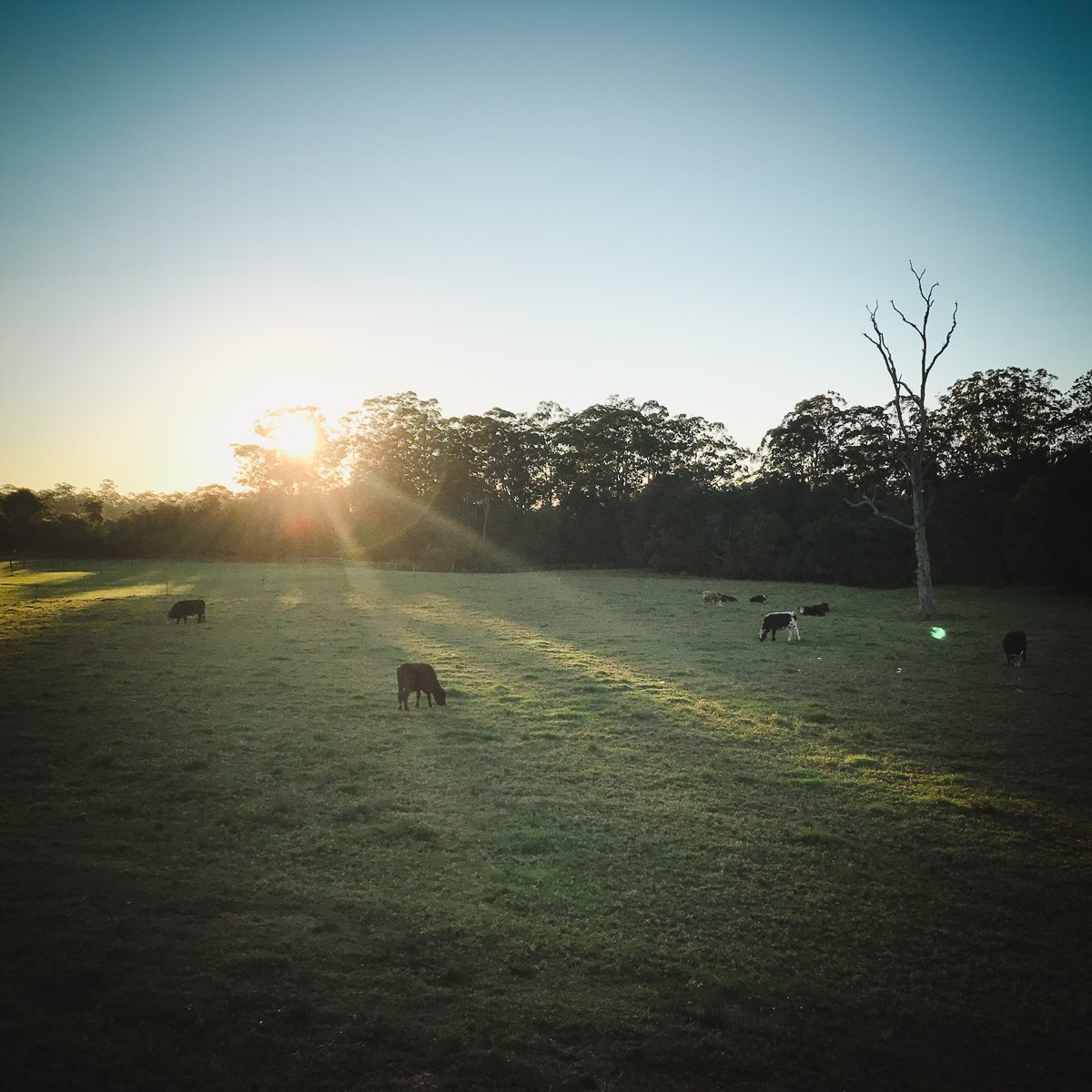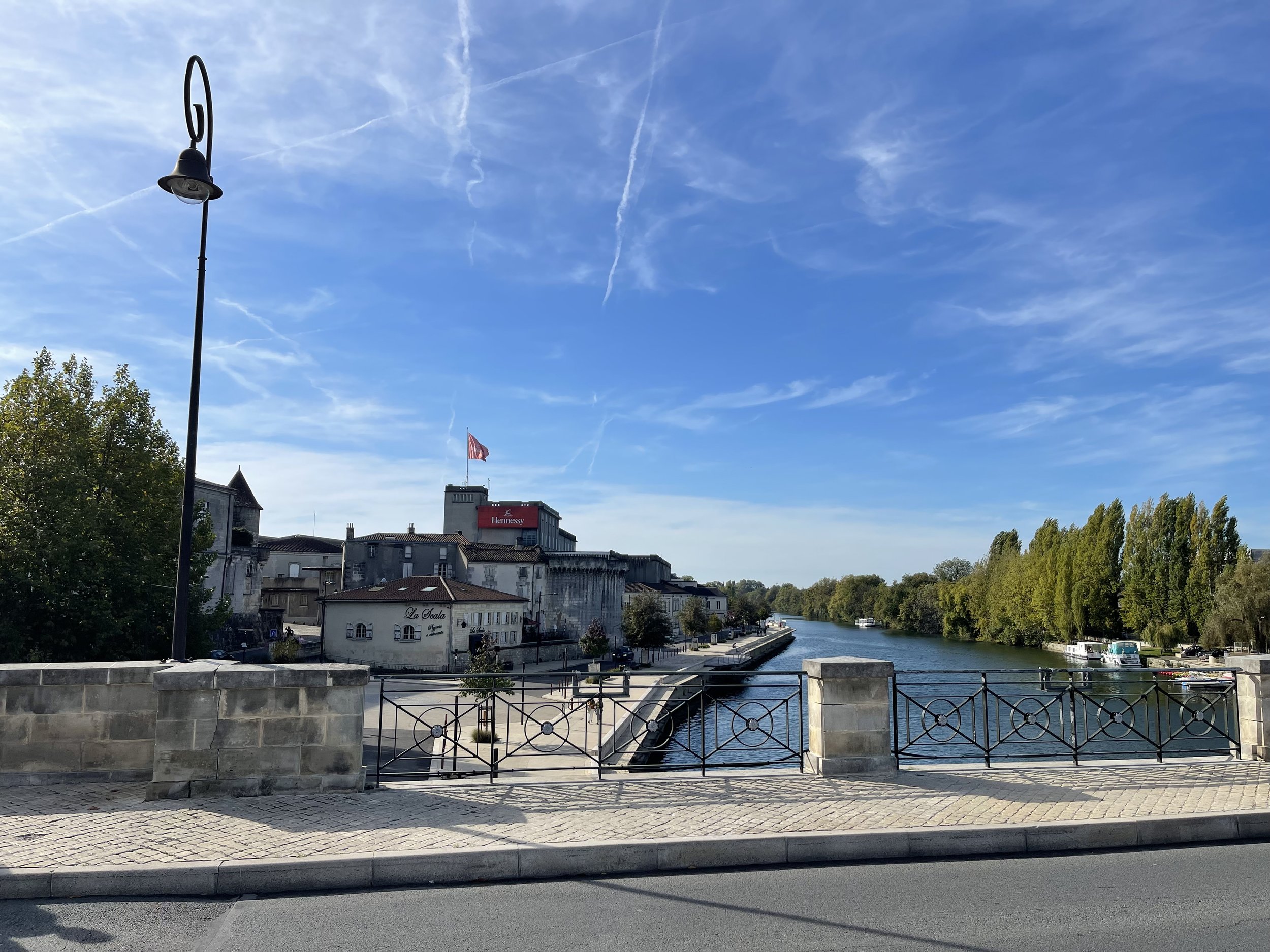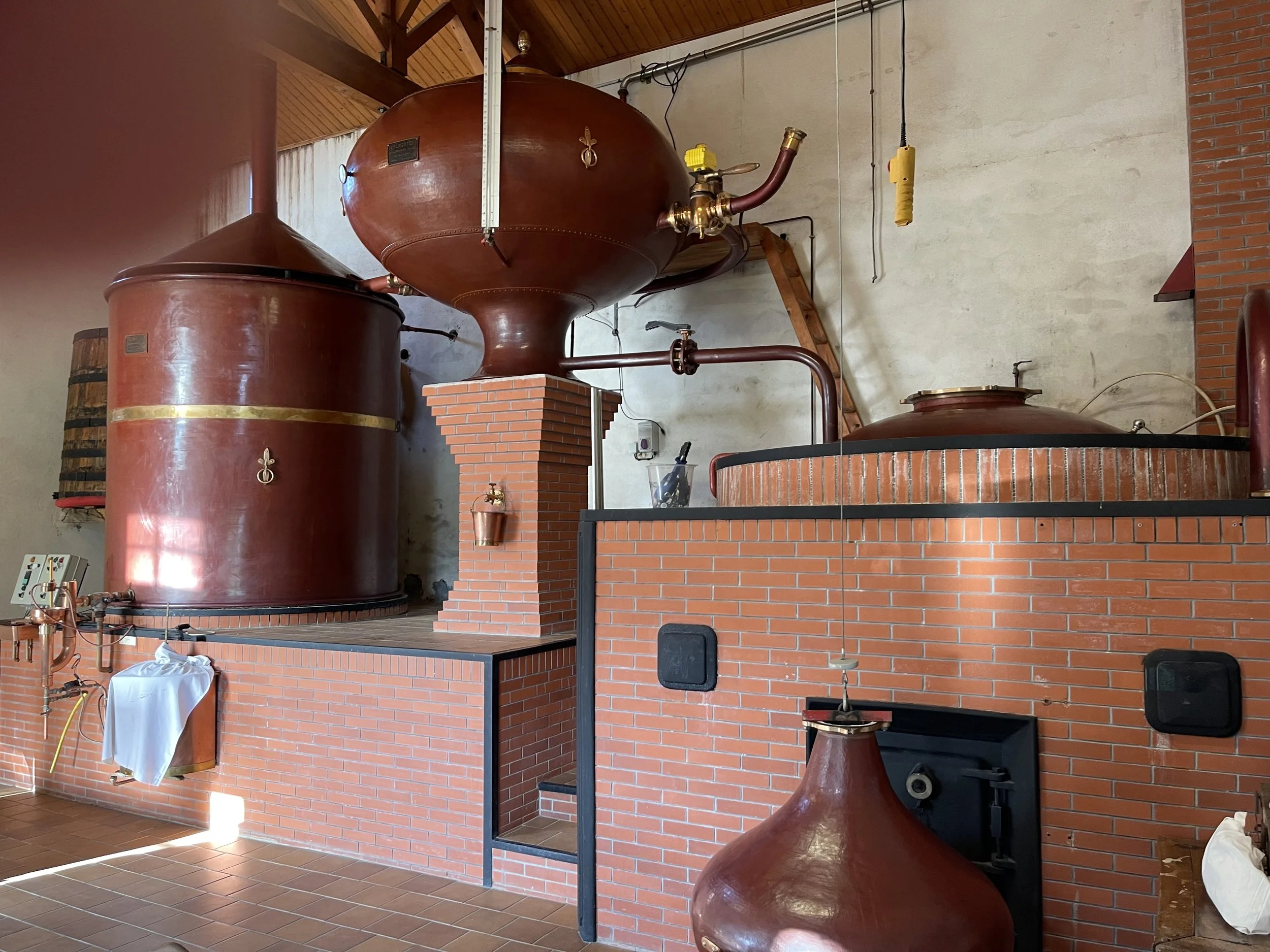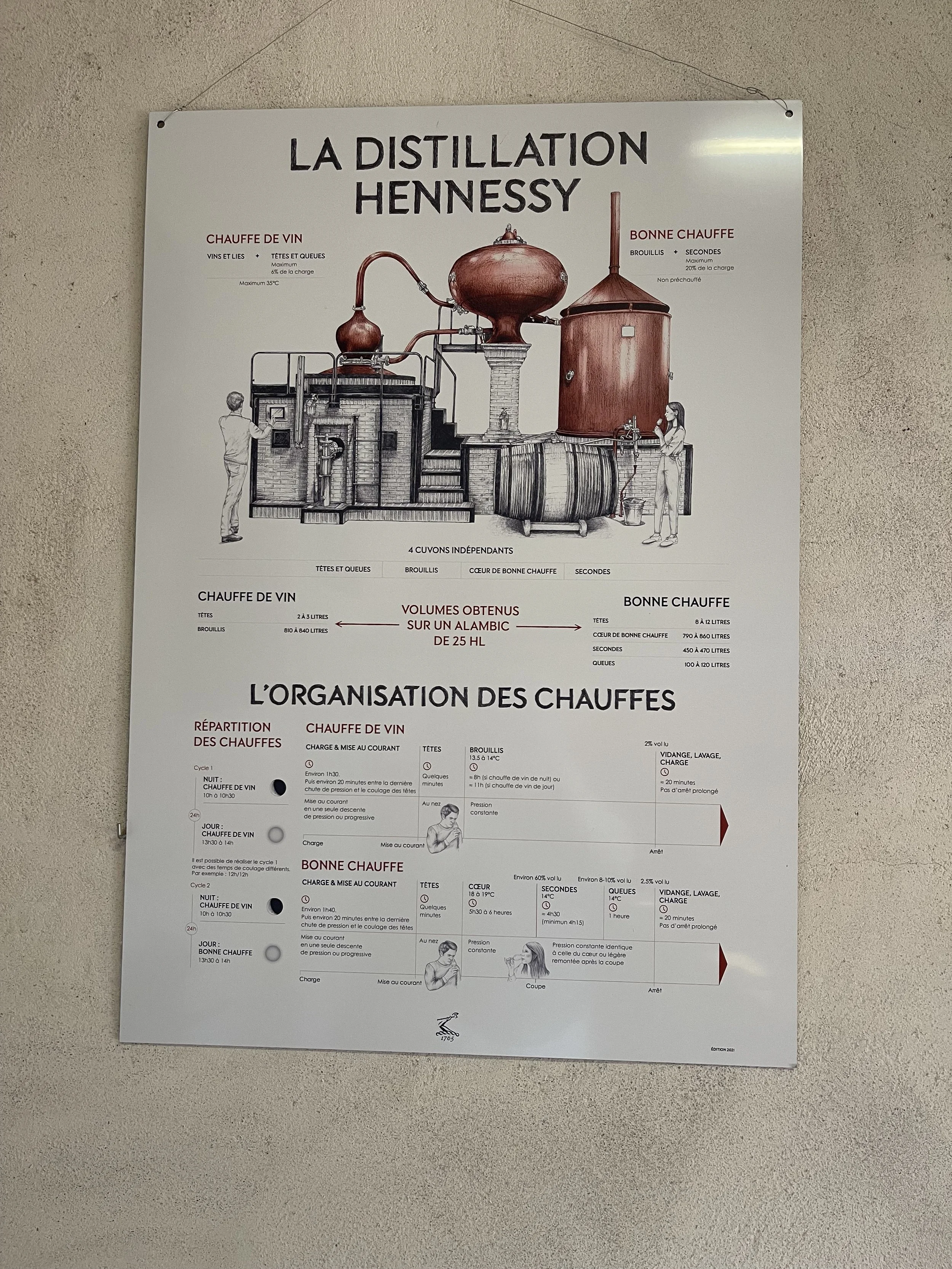Amber Lane’s Cognac Maturation Technique
What has Cognac got to do with whisky?
Our research has identified that the climate of our region of NSW is very similar to south-western France where Cognac is made. That got us thinking. If Cognac can be barrel-aged for up to 60 years without being too oak-forward, surely we can do the same here on the Central Coast of NSW with our whisky.
Amber Lane cellar master Rod Berry has a (distant) French heritage. His infectious love of all things French, and this epiphany about climate and maturation, was all the inspiration necessary for Rod to get on a plane to France, and research all things Cognac! Amber Lane has now forged wonderful relationships with a number of Cognac producers, and our research and exchange of ideas is an ongoing work.
Cognac is made from the double-distillation of wine made from the ugni blanc grape. The resulting eau-de-vie is aged in French Oak for many years to produce beautifully sophisticated spirit.
To achieve complexity, Cognac producers curate the spirit rather than curating barrels. In practice this means that they take the spirit on a journey through a succession of different casks of varying ages, drawing different characters from each. That journey includes time for some of the spirit in virgin French oak, vatting groups of casks and then returning them to either the same or different casks over many years, moving the spirit to increasingly inert casks over time, and long periods of rest in very old casks before bottling.
The savoire-faire of the cognac tradition extends to a profound understanding of the science of integration. They studiously avoid rapid vatting for bottling purposes. One producer we visited took 2 years from the time of identifying a specific release to bottling the end product. To bring the ABV down, water is added very slowly – preferably over the course of many years. One of the most revered producers, Jean Fillioux, have casks that are over 200 years old. Such casks are the perfect final resting place for spirit that has been nurtured for over half a century in readiness for release.
Cognac producers have many strategies to combat the extremes in climate, relying heavily on carefully managed warehouse conditions, large barrel format, and keeping their casks topped up to slow down oxidation and reduce angel’s share. They do not move their barrels, preferring the use of pumps to move spirit around, thus ensuring the long-term structural integrity of their casks.
Anyone familiar with standard whisky maturation techniques in Australia will recognise just how different the French system is. In Australia (and in most other whisky-producing countries), whisky is left in a single barrel for most or all of its maturation, where angel’s share losses mean more and more oxygen in the cask, with very rapid ageing as result. This can result in whisky that is too oaky and too susceptible to the vaguaries of individual casks. Australian distilleries usually discard barrels once the initial burst of flavour has been drawn from them, not recognising that barrels can perform many other tasks, most especially the long-term integration of spirit. The French experience is that much older casks still introduce flavour to the ageing spirit – it is just that those flavours are more subtle.
The cognac method of barrel maturation is very labour intensive and does not lend itself well to large scale operations. It is a labour of love and dedication. For this reason, the famous cognac brands like Hennessy and Remy Martin outsource most of their production to small producers, who are the real heroes of the Cognac story.
At Amber Lane we have taken the artisanal approach of honouring quality above quantity, knowing that over time the sophistication of our techniques will result in superior whisky that sets the standard in Australia.
Amber Lane is creating a new vision for Australian whisky which declares that we can produce some of the most complex whiskies in the world, following a revered 400-year-old tradition learned from continental Europe. By implementing many of the techniques we have learned from Cognac maturation, we are demonstrating that we can harness our climate to produce whisky every bit as good as that made in colder climates like Scotland.




